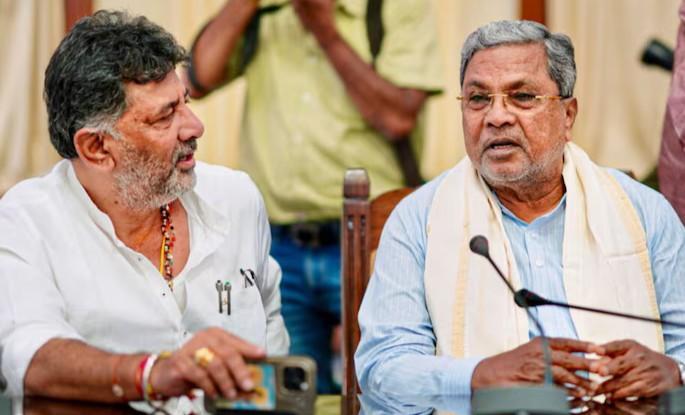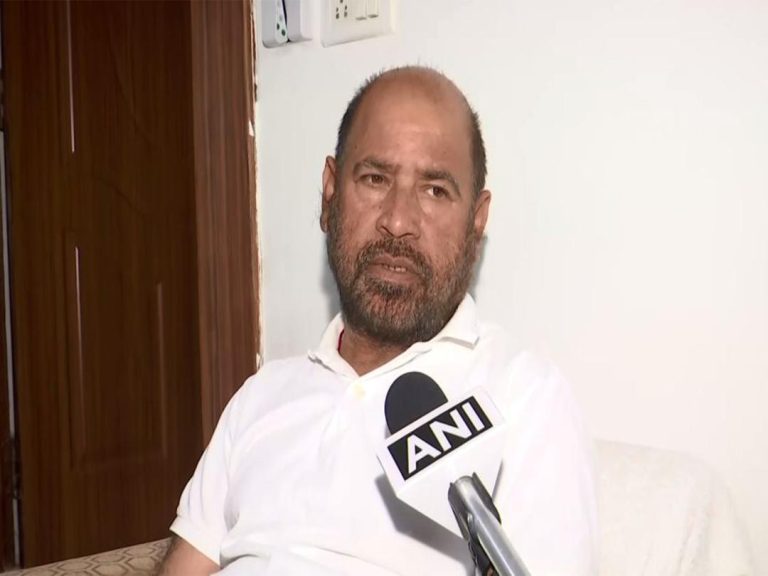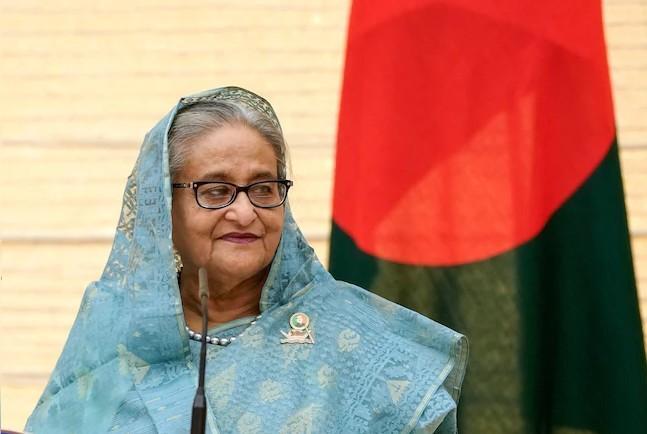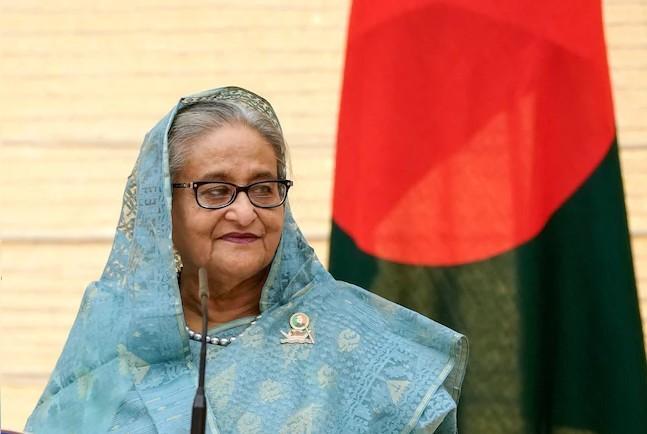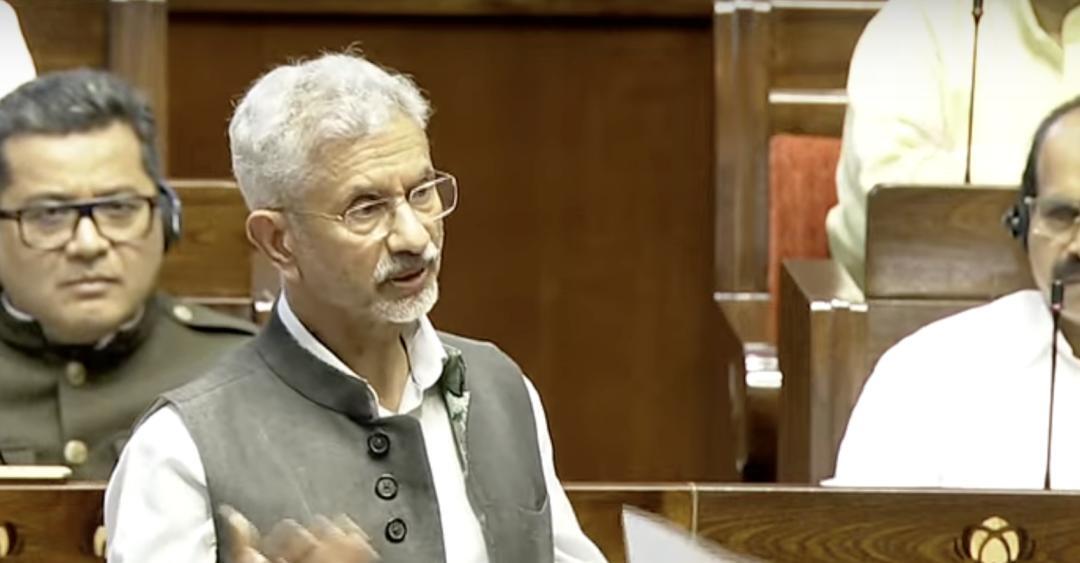
Title: We did a global service by destroying Bahawalpur & Muridke: EAM
On May 7, India launched Operation Sindoor, a daring military operation that targeted and destroyed nine Pakistani terror camps, including Bahawalpur and Muridke, two of the most notorious hubs of terrorism globally. The operation was a significant milestone in India’s fight against terrorism and a major blow to Pakistan’s ability to support and sponsor terrorist activities. Recently, External Affairs Minister (EAM) S Jaishankar made a bold statement in the Rajya Sabha, claiming that India did a “global service” by reducing Bahawalpur and Muridke to dust. In this blog post, we will delve into the significance of these terror camps, the impact of their destruction, and EAM Jaishankar’s comments.
Bahawalpur and Muridke: The Epicenters of Terrorism
For decades, Bahawalpur and Muridke were considered the biggest and most notorious centers of terrorism in the world. These camps were used by Pakistan-based terror outfits, such as the Lashkar-e-Taiba (LeT) and Jaish-e-Mohammed (JeM), to train, plan, and execute terrorist attacks against India and other countries. The camps were also used to harbor and sponsor terrorist leaders, including those wanted by international authorities.
The destruction of these camps was a significant blow to Pakistan’s ability to support and sponsor terrorism. Bahawalpur and Muridke were not just hubs of terrorism; they were also breeding grounds for radicalization and extremism. The camps were used to spread hatred and intolerance, and to indoctrinate young minds with violent and extremist ideologies.
The Impact of the Destruction
The destruction of Bahawalpur and Muridke sent shockwaves across the globe. Terrorist organizations and their supporters were left reeling, and many were forced to go into hiding. The camps were also used to store and transport weapons, explosives, and other materials used in terrorist attacks. The destruction of these camps meant that these weapons and materials were now in the hands of the Indian military, which could use them to counter-terrorism operations.
The operation also sent a strong message to Pakistan that India would not tolerate its continued support and sponsorship of terrorism. Pakistan’s ability to use terrorism as a tool of state policy was severely curtailed, and the country was forced to rethink its strategy.
EAM Jaishankar’s Comments
In a recent statement in the Rajya Sabha, EAM Jaishankar claimed that India did a “global service” by destroying Bahawalpur and Muridke. He said that for decades, these camps were considered the biggest centers of terrorism globally, and that their destruction was a major blow to terrorist organizations.
“For decades, Bahawalpur and Muridke were considered the biggest centres of terrorism… globally. When we hit them, the whole world thanked us,” Jaishankar said.
Jaishankar’s comments were a clear indication of the significance of the operation and the impact it had on the global fight against terrorism. The destruction of Bahawalpur and Muridke was not just an Indian victory; it was a global victory against terrorism.
Conclusion
The destruction of Bahawalpur and Muridke was a significant milestone in India’s fight against terrorism. The camps were used by Pakistan-based terror outfits to plan and execute terrorist attacks, and their destruction was a major blow to these organizations. EAM Jaishankar’s comments were a testament to the significance of the operation and the impact it had on the global fight against terrorism.
As India continues to face threats from terrorism, the destruction of Bahawalpur and Muridke serves as a reminder that the country is committed to combating this menace head-on. The operation also sends a strong message to Pakistan that India will not tolerate its continued support and sponsorship of terrorism.
The news source of this blog post is:

